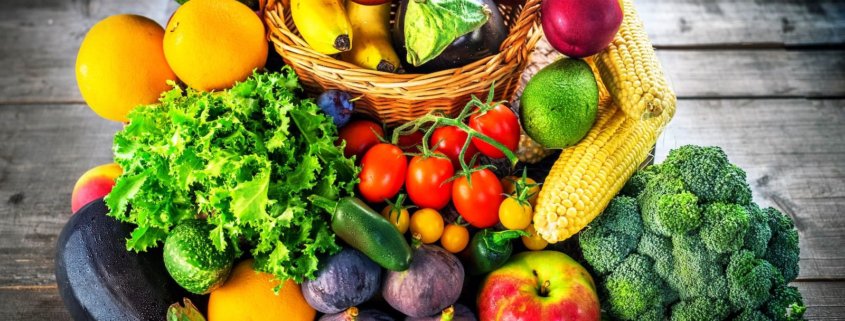Vegetables Can Improve The Nutrition Content Of Kid’s Juices
Fruit juices are perceived as healthy beverages, but the media has reported that many smoothies and kid’s juices contain higher amounts of sugar than carbonated drinks like soda. Sugar is now well researched as the culprit to different metabolic disorders like obesity and diabetes. The fruit juice market has been hit hard by the negative aspects of sugar with a decline in sales over the past few years. Juice producers have a new opportunity to bring back the healthy image that they present to their customers by adding more vegetables to their juices in turn lowering the sugar and calorie content.
The Trend Of Juicing Vegetables
In recent years, many consumers have developed an interest for vegetable juices for health reasons. With public campaigns encouraging people to consume more vegetables daily and more celebrity chefs preparing vegetable recipes, consumption of vegetables have been glamorized.
The vegetable trend has led to the rise of different diet movements like flexitarians (semi-vegetarians), vegetarians, and vegans. It has also opened many opportunities for restaurants and the food industry to provide products that meet these new needs of consumers. We are starting to see products like vegetable spiralizers, cold-pressed juicers, and ready-made vegetable juices on market shelves.
Brands Have Joined In The Vegetable Bandwagon
Multiple brands have acceded to the bandwagon of incorporating vegetables into their fruit juices. One such company is a Japanese corporation, Kagome. The Japanese consumer demands healthy options and new flavors in their fruit juices and what better way to provide it to the customers than putting vegetables into their fruit juices.
Another company that has incorporated vegetables in its juice products is Coldpress Ltd. The fruit juices are not heat-pasteurized to retain the taste and nutrients of the finished product. Sugar is no longer added to their juices as they rely on the natural sweetness of the fruits for the sugar content.
Newer Trends In Fruit Juices
Aside from fruit juices, some trends are being adopted by beverage brands. As vegetables have been incorporated to add more health value to fruit juices, other trends have also sprung to improve the nutritional profile of fruit juices. Below are the new trends that have taken the fruit juice industry by storm.
- More Superfoods in Juices: The fruit juice industry predicts that there will be a rise in super-fruit juices into 2020. For example, some companies have already added superfood chia seeds to their fruit juice products since 2015. Other superfoods that have been incorporated in fruit juices include Aloe Vera, coconut water, and maple water.
- Fresher Fruit Juices: While bottled fruit juices have already been sterilized to increase their shelf-life, more fruit juice producers are developing more refreshing fruit juices to provide more nutritional value to their customers. Using cold-pressed juicing is a method that allows juice companies to create fresher and more nutritious juices. Moreover, juice bars have also become popular to provide juices from kitchen to mouth
- Natural Vitamins in Juices: Companies like NutriFusion are helping beverage and drink brands add real vitamins from whole fruits and vegetables to their products. Since most juices are going through pasteurization, their nutrients are lost in the process. NutriFusion products are stable in heat and allow juice companies to quickly add back plant-based nutrition that is typically lost in processing.
Inspired by blog.euromonitor.com





